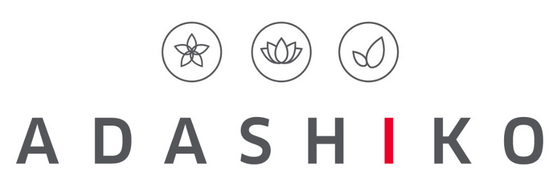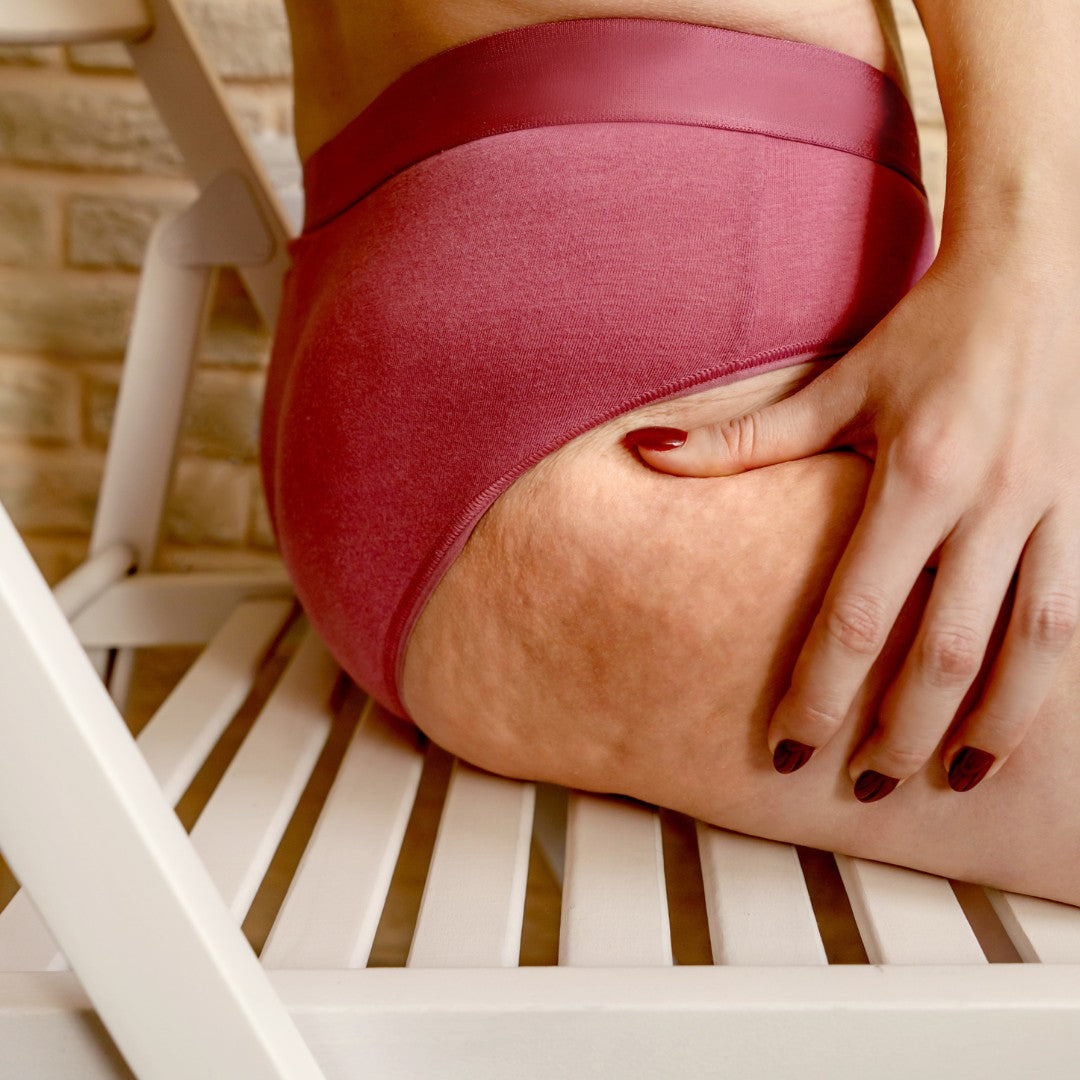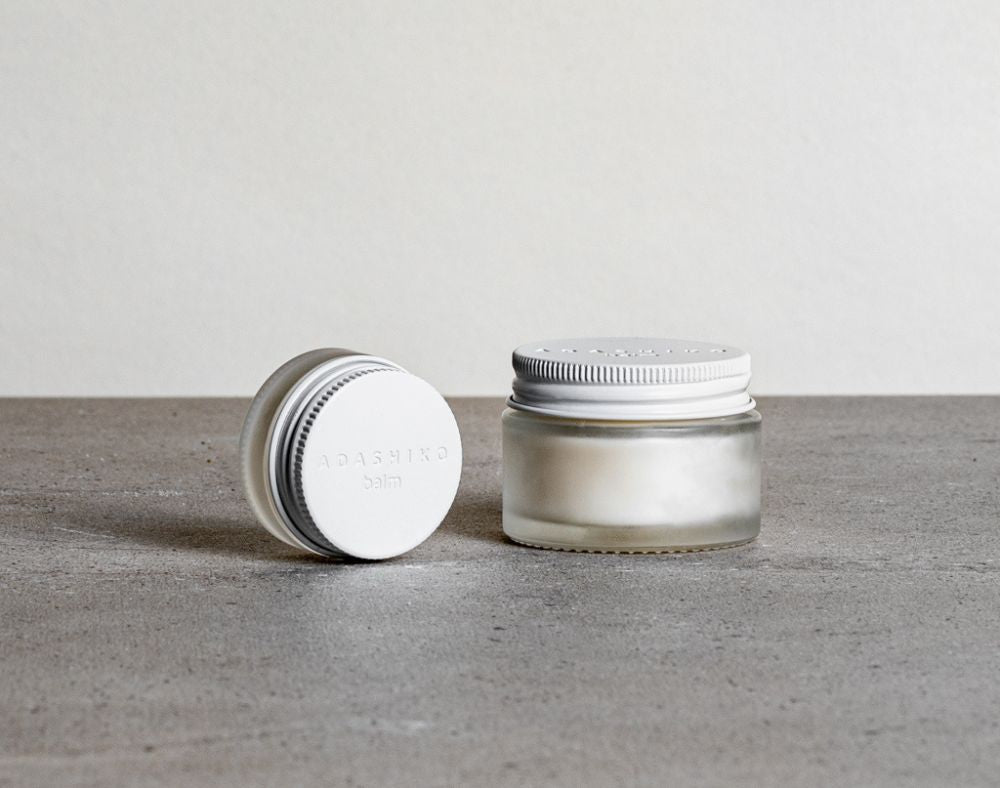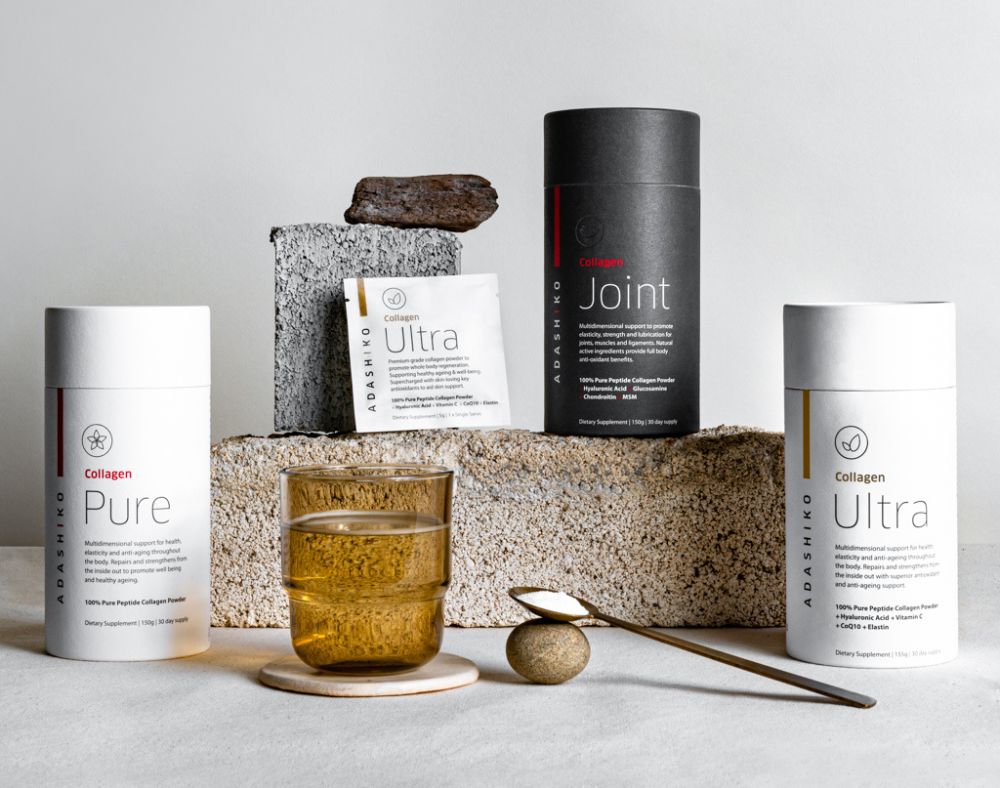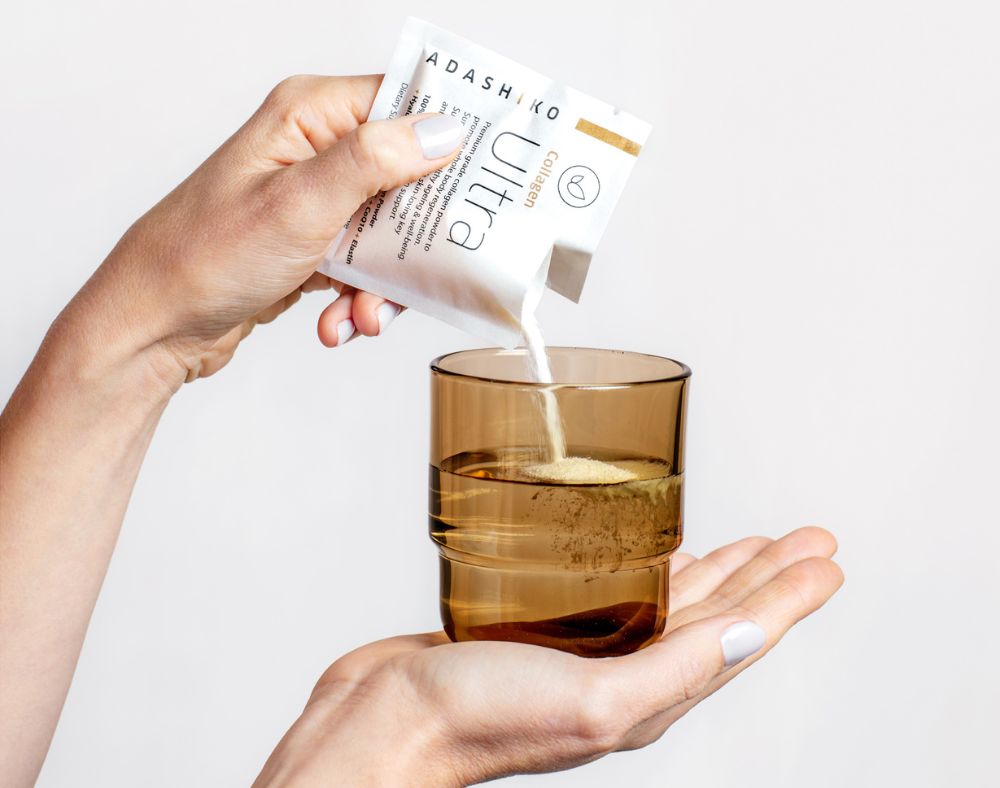Skin Aging 101

Why does our skin age?
Skin aging is due to internal factors that happen naturally (intrinsic), and external factors that we can control (extrinsic). The signs of aging occur when:
- Collagen and elastin break down. After the age of twenty, we produce around 1% less collagen each year.
- Our cell turnover cycle lengthens, meaning it takes longer for new skin cells to be produced and older ones to slough off.
- Blood flow slows, and we get fewer nutrients to our skin.
- Our skin produces less sebum (oil) and natural moisturising factors.
- We are exposed to environmental stressors like UV rays, pollution, cigarette smoke, chemicals etc.

Image from Healthy Skin Solutions
The signs of aging
- Enlarged pores
- Fine lines and wrinkles
- Dullness
- Rough and thickened skin texture
- Pigmentation
- Loss of firmness and sagging skin
Prevention is key
So what can we do to slow the signs of aging? While we can't altogether avoid the natural aging process, we can protect our skin and give our bodies the fuel to boost skin (and full body) health.
Supplementing with a quality peptide collagen powder can increase and replace your natural collagen stores, helping you to fight aging and reduce some of the external signs. More clinical studies are being done on this amazing ingredient as it gains popularity. This study of more than 100 women aged between 45 and 65 years shows that daily supplementation of peptide collagen significantly reduces wrinkles after four weeks and leads to a significantly higher concentration of collagen in the skin.
Wearing a daily sunscreen is an excellent start, and if you're a smoker, quitting will be one of the best things you ever do for your skin - and your health.
Avoiding sugar, in particular, is an excellent choice to promote healthy aging in general. Sugar consumption - and in turn, high blood sugar - causes a process called glycation, which affects collagen and elastin (learn more about glycation here).
Taking antioxidants like Vitamin C, and eating an antioxidant-rich diet can help reduce oxidative stress (from extrinsic factors).
